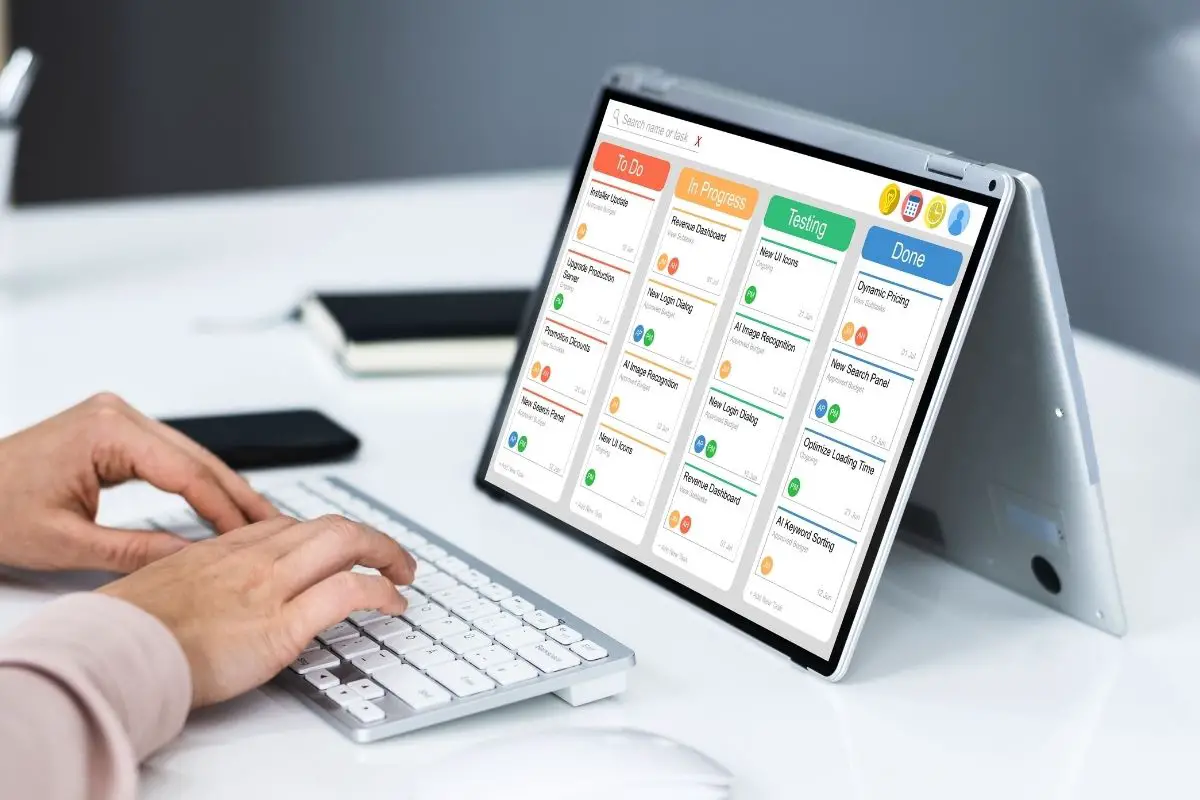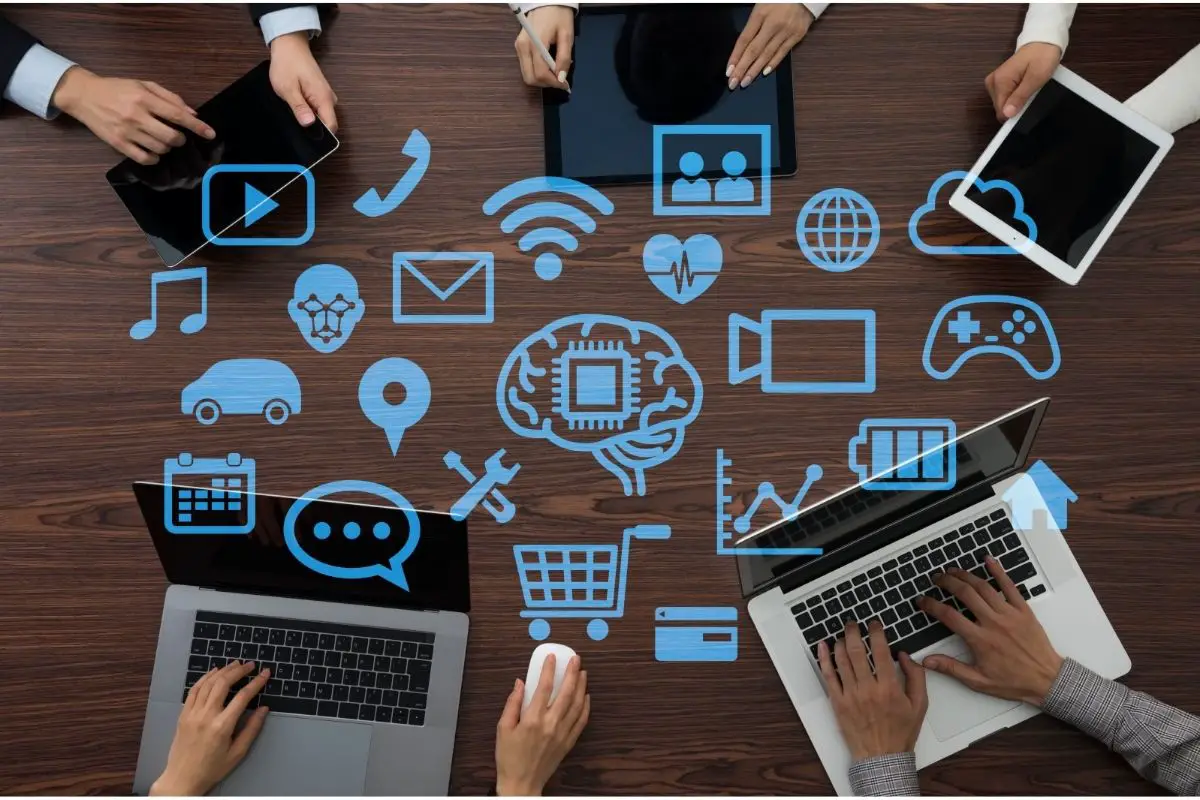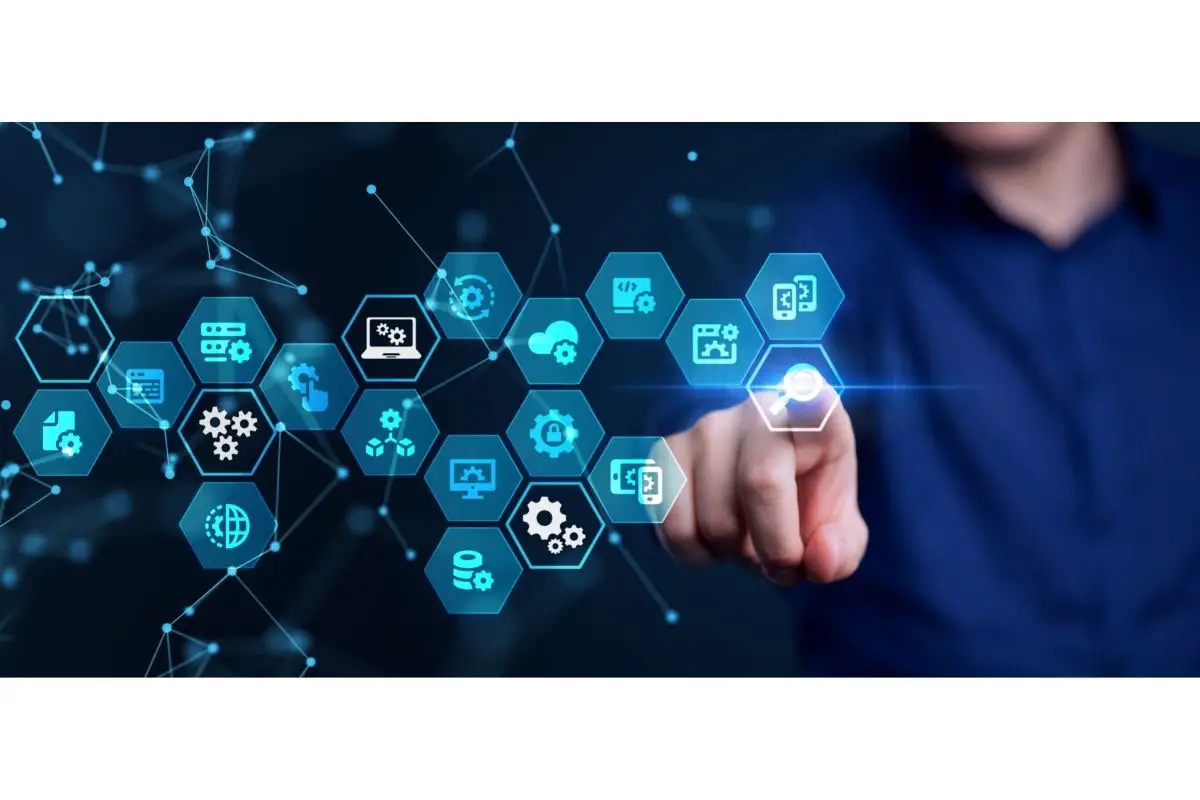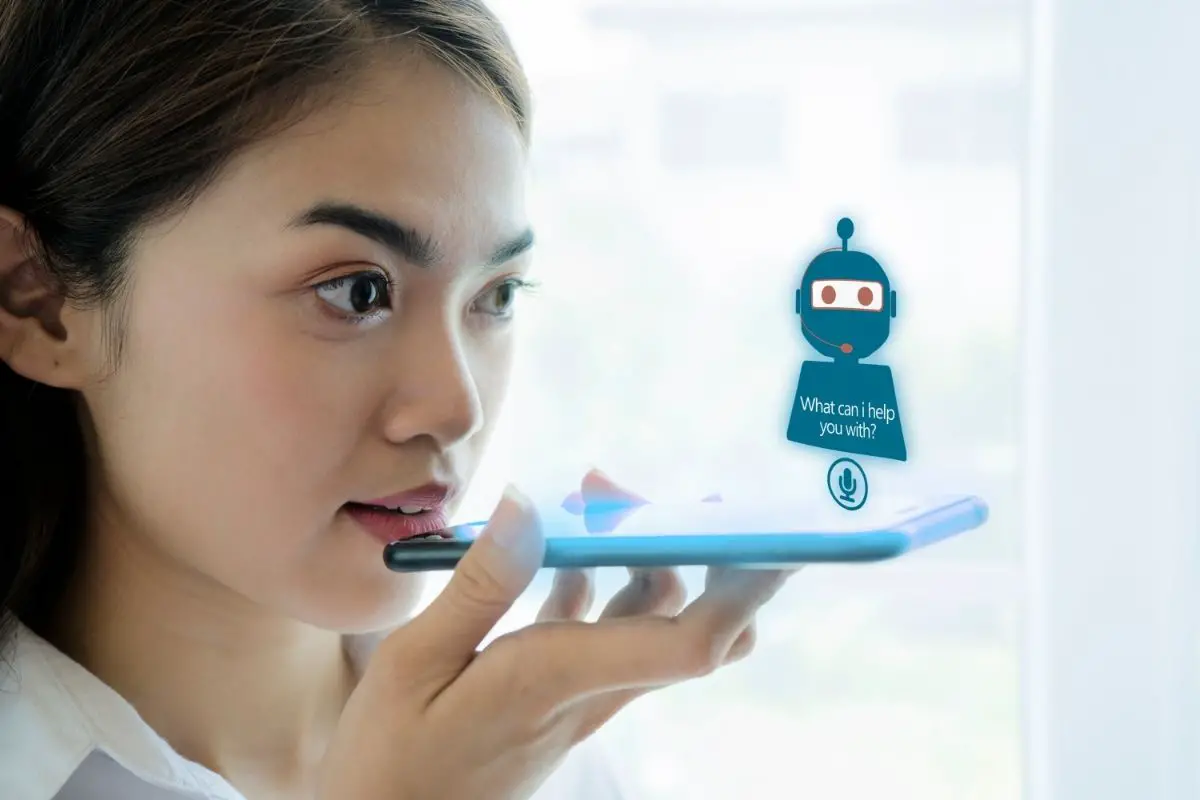Artificial intelligence- or AI- is revolutionizing the modern workplace, reshaping industries, and driving unprecedented advancements in technology.
From automation and data analysis to natural language processing and machine learning, AI has rapidly emerged as a transformative force across various sectors.
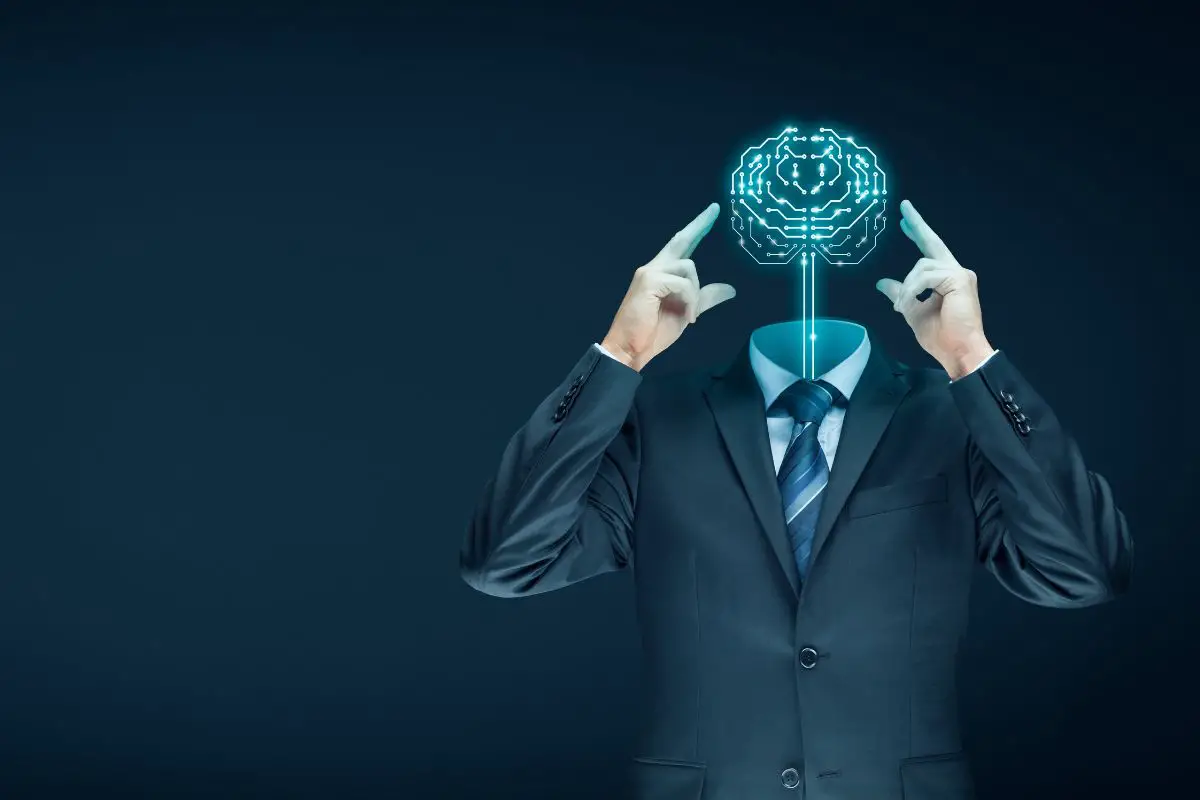
In recent years, the adoption of AI technologies in the workplace has gained significant momentum, with organizations recognizing its potential to enhance productivity, efficiency, and innovation.
In this article, we will explore the reasons why AI is booming in the workplace at the moment, shedding light on the driving factors behind this technological shift and the far-reaching implications it holds for businesses and employees alike.
Let’s get started.
What Is Artificial Intelligence?
Artificial Intelligence refers to human intelligence that is simulated within machines. These machines are programmed to perform tasks that typically require human intelligence.
It involves the development of computer systems and algorithms that can analyze data, learn from it, make decisions, and perform tasks with varying levels of autonomy.
AI encompasses a broad range of techniques and approaches, including machine learning, natural language processing, computer vision, expert systems, and robotics.
Machine learning, in particular, is a subset of AI that focuses on enabling machines to learn from data and improve their performance over time without explicit programming.
AI systems can process and interpret vast amounts of data, identify patterns, make predictions, and generate insights.
They can perform complex tasks such as speech recognition, image and video analysis, decision-making, language translation, and even creative tasks like composing music or generating art.
The field of AI continues to evolve rapidly, fueled by advancements in computing power, big data availability, and algorithmic improvements, with AI technologies being integrated into various industries, including healthcare, finance, manufacturing, transportation, customer service, and more, transforming the way businesses operate and making processes more efficient, accurate, and intelligent.
AI In The Workplace
AI is experiencing a significant boom in the workplace, with organizations across industries recognizing its potential to transform business operations and drive innovation.
With this in mind, let’s take a look at some of the key reasons why AI is flourishing in the workplace at the moment.
Efficiency And Automation
AI technologies enable the automation of repetitive and mundane tasks, which allows human workers to focus on other endeavors.
From data entry and customer support to manufacturing and logistics, AI-powered systems can perform tasks faster, with higher accuracy, and around the clock, leading to increased productivity and efficiency.
Data Analysis And Insights
With the abundance of data available to businesses today, AI algorithms excel at analyzing large volumes of data and extracting valuable insights.
AI-powered analytics tools can process and interpret data to identify trends, correlations, or patterns that human analysts may miss.
This enables decision-making that is entirely data-driven as well as personalized customer experiences, targeted marketing campaigns, and more.
According to a blog post by the University of Liverpool, these analysis capabilities are highly important when it comes to AI in the workplace, stating that “AI solutions are rapidly becoming more popular for analyzing the data on hand and reacting to patterns in that data to help the business make better decisions”.
Improved Customer Experiences
AI technologies, such as natural language processing and chatbots, enhance customer interactions by providing instant responses, personalized recommendations, and efficient support.
Virtual assistants and AI-driven customer service systems can perform a range of tasks, such as handling customer inquiries, providing product information, and assisting with problem-solving, leading to enhanced customer satisfaction and loyalty.

Enhanced Cybersecurity
As cybersecurity threats become more sophisticated, AI plays a crucial role in detecting and mitigating potential risks.
AI algorithms can analyze network traffic, identify anomalies, and detect potential security breaches or malicious activities in real-time.
By rapidly identifying and responding to threats, AI enhances the overall security posture of organizations.
Intelligent Decision-Making
AI technologies, particularly machine learning algorithms, excel at processing vast amounts of data and making data-driven decisions.
This is especially valuable in complex scenarios where multiple variables need to be considered.
AI systems can analyze historical data, predict outcomes, and provide recommendations, assisting human decision-makers in making informed choices.
Augmented Workforce
Rather than replacing human workers, AI often acts as a collaborator or augmenter of human capabilities.
AI systems can assist employees in tasks, providing them with relevant information, automating repetitive processes, and offering insights to support decision-making.
This collaborative approach leads to increased productivity, improved accuracy, and more empowered employees.
Continuous Learning And Adaptability
One of the key strengths of AI is its ability to learn and improve over time.
Machine learning algorithms can continuously analyze new data, adapt to changing circumstances, and refine their models to achieve better results.
This adaptability enables AI systems to evolve and stay relevant in dynamic business environments.
As AI technologies continue to advance, their applications in the workplace are expected to expand further.
The Future Possibilities Of AI In The Workplace
The future of AI in the workplace holds immense potential for further transformation and innovation. Here are some possible developments that could shape the future of AI in the workplace.
Continued Automation
AI will continue to automate routine and repetitive tasks across various industries.
This includes tasks such as data entry, document processing, customer support, and even aspects of knowledge work like data analysis and decision-making.
This automation will free up human workers to focus on higher-level tasks that require creativity, problem-solving, and emotional intelligence.
Enhanced Personalization
AI is likely to continue to enable highly personalized experiences for employees and customers alike. AI algorithms will analyze vast amounts of data to understand individual preferences, behaviors, and needs.
This will result in tailored recommendations, customized learning and development opportunities, and personalized customer interactions across various touchpoints.
Continuous Learning And Adaptability
AI systems will continue to learn and adapt in real time, enabling them to stay updated with changing business environments and evolving user needs.
Continuous learning algorithms will improve their performance, refine recommendations, and adapt to new data patterns, ensuring that AI remains relevant and effective.
AI As A Collaborative Tool
AI is sure to become integrated into various collaboration tools, making teamwork more efficient and productive.
Natural language processing capabilities will enable seamless communication and understanding between humans and AI systems.
New Job Roles And Skillsets
The widespread adoption of AI will lead to the emergence of new job roles and the need for upskilling and reskilling.
Jobs focused on AI strategy, ethics, data management, and human-AI interaction will become more prominent.
Final Thoughts
The rapid growth and adoption of AI in the workplace can be attributed to a convergence of technological advancements, data availability, and the desire for increased productivity and innovation.
AI has proven its potential to transform industries, automate tasks, enhance decision-making, and deliver personalized experiences.
Ultimately, embracing the opportunities presented by AI in the workplace requires a balanced approach.
By harnessing the power of AI while prioritizing the well-being and continued employability of workers, organizations can unlock the full potential of this transformative technology and shape a future where humans and AI work hand in hand to achieve new levels of productivity, innovation, and success!
- Who Is Hubspot Marketing Hub Biggest Competitors & Alternatives? - August 28, 2023
- Why Is AI Booming In The Workplace At The Moment? - August 21, 2023
- Why TensorFlow Is So Popular (Here Are 5 Reasons Why) - August 7, 2023


